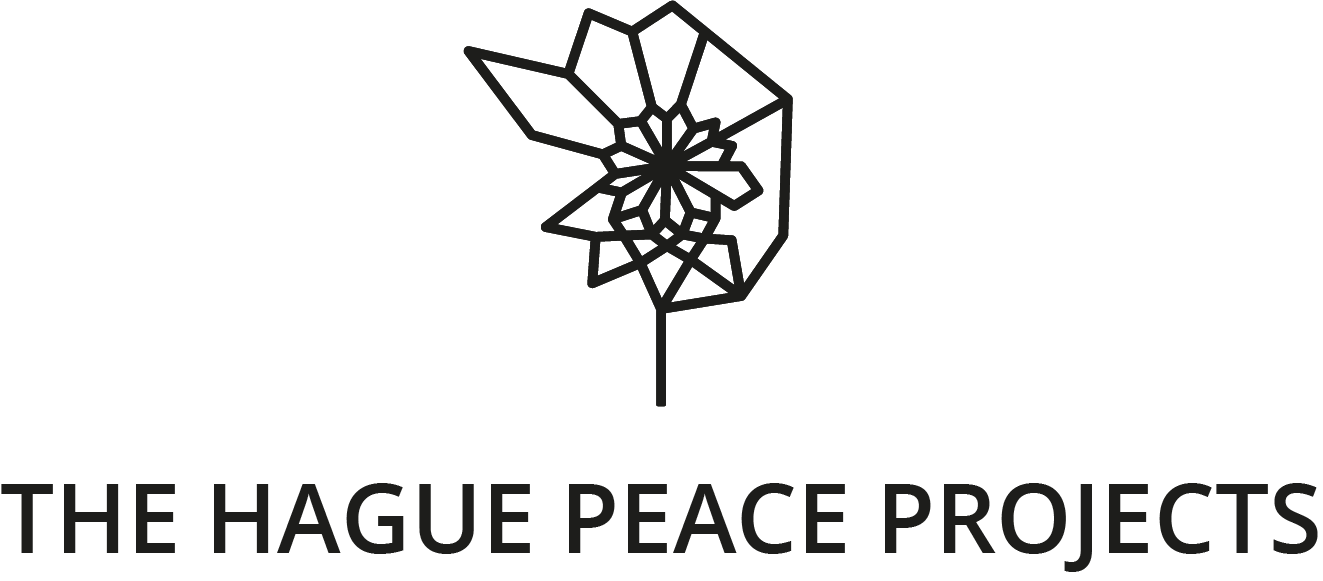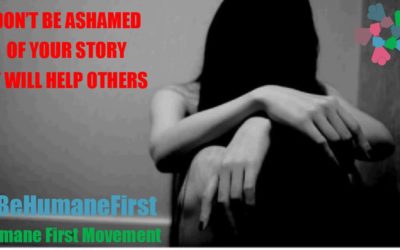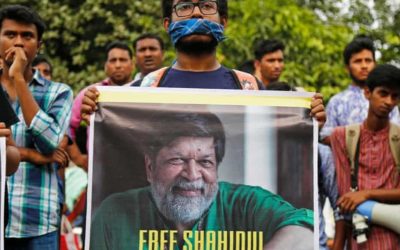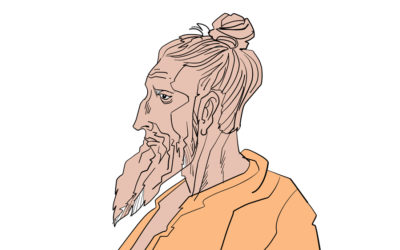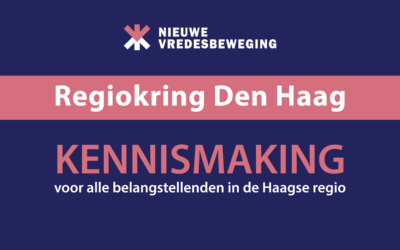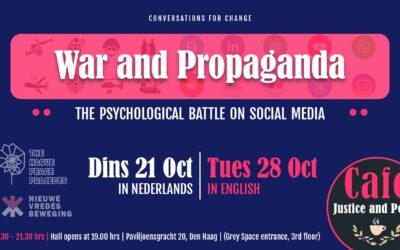Simple narratives can be deadly
How I recovered from a terror attack by Bonya Ahmed @ TEDxExeter
At the Ekushey Book Fair, in Dhaka, 2015, Rafida Bonya Ahmed and her husband, Avijit Roy, were targeted by Islamist terrorists in a brutal attack, leaving her gravely injured and Avijit dead. The attack was not an isolated incident. In 2015, individuals branded as “atheist bloggers,” including Washiqur Rahman Babu, Niloy Chatterjee, and Ananta Bijoy Das, were targeted and killed. After Avijit Roy’s death, his publisher, Faisal Arefin Dipan, who ran Jagriti Prokashony, was hacked to death in October, 2015.
“People grieve differently,” Bonya points out. As she tells us in this TEDx presentation, grappling with the complexity of the situation was at the core of her recovery. Bonya encourages others to resist simple narratives by going beyond the self and seeking an understanding of complexity. This has the potential for real change, she encourages. Religious violence is not ‘rooted in religion,’ as some claim, it is complexly rooted in history and politics, through the corruption of power, oppression, poverty, and creeping social prejudices. Furthermore, the rise of systematic Islamization over the last few decades is not reducible to regional phenomena, it has been supported by local and Western governments. “If we want a just and peaceful world, we need to resist the simple stories.” We can easily accept simple narratives, or stay silent (like so many secular governments do), but we then fall prey to hate and ideological intolerances.
“Please understand our world in its rich and messy complexity; hold your politicians responsible; inform yourself, question, and deepen your understanding; and support the journalists and the people who are putting their lives on the line by helping us to make sense of this complex world—it matters. Avijit Roy was silenced, but I have a voice. Why me—Why not me—Why not you?”
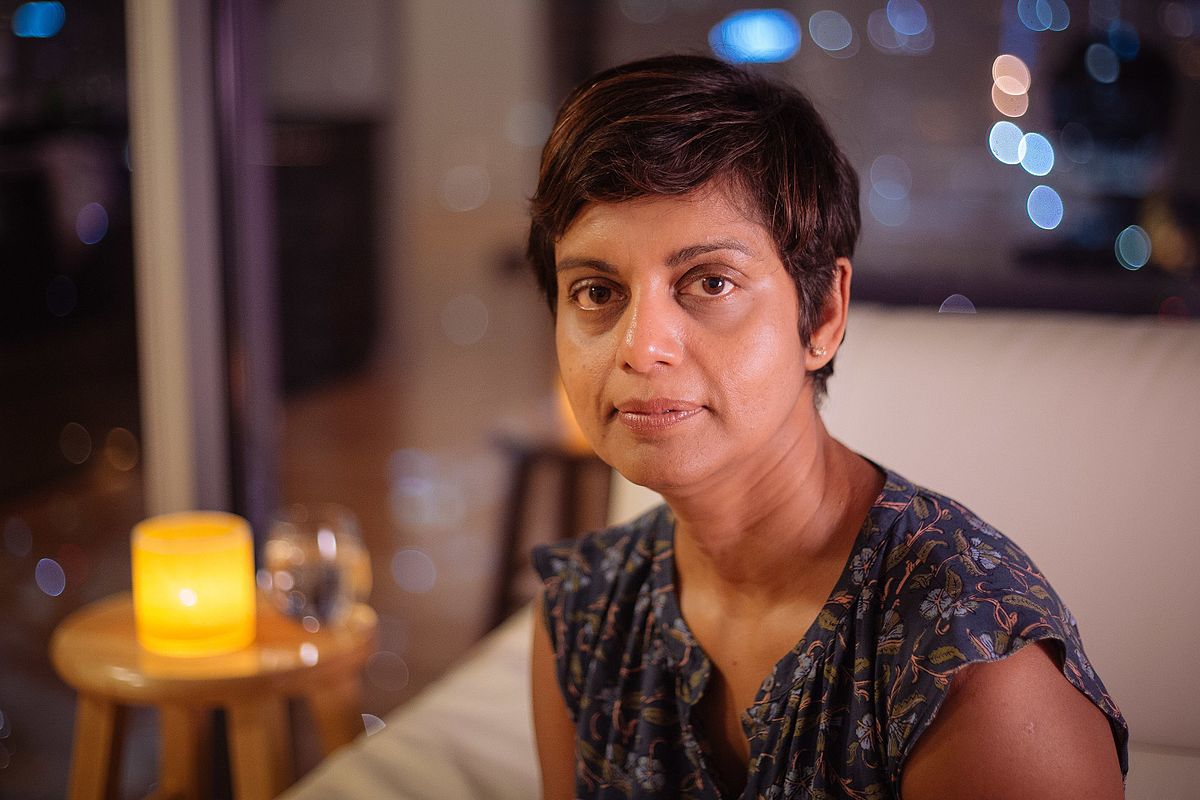
Rafida Bonya Ahmed is a Bangladeshi-American author, humanist activist, and blogger. Bonya is the widow of Avijit Roy, a well-known writer, blogger, and activist who founded Mukto-mona. Avijit was murdered when they were attacked by Islamists during a book signing trip to Dhaka, Bangladesh in 2015. Bonya was gravely injured during the attack. This talk was given at a TEDx event using the TED conference format but independently organized by a local community.
References: Rafida Bonya Ahmed via Youtube and Wikipedia.
Salute Avijit and Bonya
By: Shucheesmita Simonti
It was perhaps the 27th or 28th of February when I first saw the news. It was extremely terrifying to hear about an American-Bangladeshi couple who had been brutally attacked at the Ekushey Book Fair by Radical Islamists. The husband, Avijit Roy, did not survive the attack. His wife, Bonya Ahmed, was in a critical condition. Their crime was simply that they were critical thinkers: they were atheists who advocated for freedom of expression and promoted scientific thinking. Avijit Roy was a well-known writer, blogger, and activist who founded Mukto-mona, an online platform for freethinkers. Bonya Ahmed is a humanist activist, blogger and author who continues to work towards their shared goals.
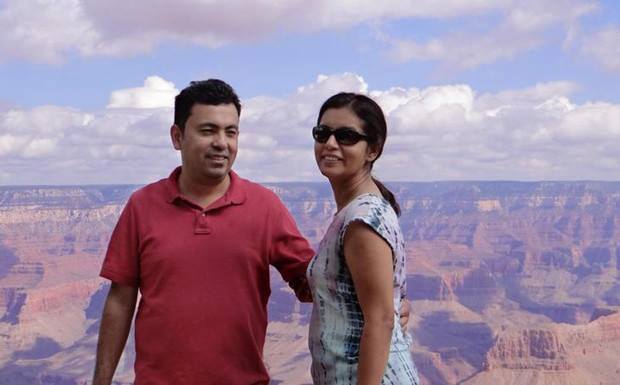
Thinking back to 2015, I recall many expressed their outrage on social media over this incident, people gathered to mourn. But it was not enough, the outrage was not as widespread as it should have been. In Bangladesh, many are afraid to express their opinions freely, especially on social media. After all, expressing one’s opinion has turned out to be one of the riskiest acts in Bangladesh, in fact it can cost you your life. And when it comes to issues such as atheism and LGTBQ rights, many are even afraid to express solidarity even if they empathize.
I will not propose any theories here or discuss legal conventions, but just put forward a very basic argument. Nobody deserves to lose their lives for being atheists, or otherwise. This is our basic human right- the right to live!
But it seems when it comes to the right to live, bloggers/minorities/secularists/atheists are at a high risk of losing their lives. I felt the year 2015 was one of the most terrifying ones I’ve lived through, as there were several bloggers and publishers who were attacked in 2015. The attacks kept happening- one after another bloggers were targeted and killed.
Many other bloggers were threatened and feared for their lives and fled abroad- perhaps never to return to the country that was once their own. Some of them left alone, and some managed to take their spouse and/or children. They left in a hurry and continue to struggle. It is not easy when you are forced to leave your country because your choices deprive you of your right to exist in the country that you were born in, grew up in, lived in for a long time if not your whole life!
If you don’t leave, you cannot live.
With regard to Avijit Roy, I can only say that the attackers may have succeeded in killing him, but the light of critical thinking that he tried to ignite still lives on. He may have lost his life, but his work will continue to inspire youths who want to think critically.
“Please understand our world in its rich and messy complexity; hold your politicians responsible; inform yourself, question, and deepen your understanding; and support the journalists and the people who are putting their lives on the line by helping us to make sense of this complex world—it matters. Avijit Roy was silenced, but I have a voice”. Why me—Why not me—Why not you?” – Bonya Ahmed’s TedX Talk.
Bonya Ahmed continues to work tirelessly to achieve their shared dreams. I listened to her TedX talk, and I have been fortunate enough to meet her in person. She is extremely brave and inspiring. The courage and motivation that she exhibits in continuing to work for causes she is passionate about, is an inspiration for not only other Bangladeshis, but activists who have been punished by the state, or attacked by the opposition, or forced to flee their homeland for expressing their thoughts. She is a living example many of us can draw strength from.
Salute Avijit and Bonya.
